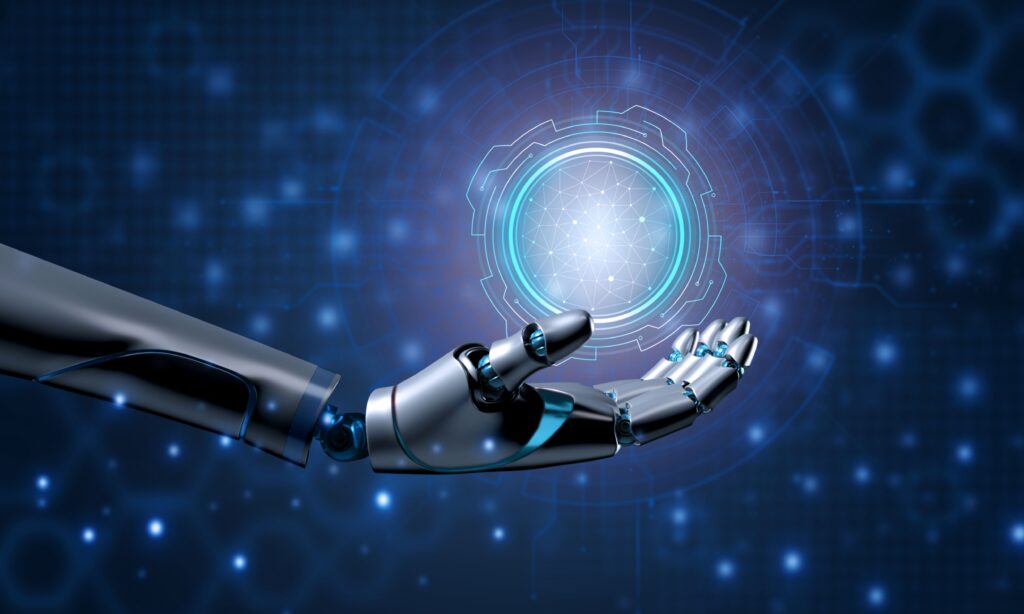Advances in technology spark debates about the need to send humans to space, considering the risks and costs involved. On Christmas Eve, NASA’s Parker Solar Probe flew closer to the Sun than any human-made object, completing its mission autonomously without communication with Earth.
For decades, robotic probes have explored the solar system, reaching places inaccessible to humans. Parker experienced extreme heat during its 10-day mission, showcasing the capabilities of machines in harsh environments. With advancements in AI, some scientists question if humans are even necessary for space exploration.
“Robots are advancing rapidly, making the case for human missions weaker,” says Lord Martin Rees, the UK’s Astronomer Royal. He argues that taxpayer money shouldn’t fund human space travel due to the risks and costs. Physicist Andrew Coates agrees, emphasizing robots’ ability to go farther, achieve more, and operate at a lower cost.
Rovers vs. Humans
Robots have reached every planet, asteroids, and comets, while humans have only visited Earth’s orbit and the Moon. Since Yuri Gagarin’s historic flight in 1961, about 700 people have been to space. Despite their limited destinations, humans contribute to science aboard the International Space Station, conducting experiments robots can’t replicate.
“Humans are versatile but expensive and hard to keep alive in space,” says Dr. Kelly Weinersmith, a biologist and author. Robots, while slower, thrive in hostile environments, using advanced instruments to gather data. However, Dr. Ian Crawford highlights limitations, questioning if AI can surpass humans in exploring complex terrains.
Humanoid robots like NASA’s Valkyrie and Robonaut mimic human tasks, aiding with maintenance and assembly. These machines, equipped with robotic limbs, help secure habitats and complement astronauts. Curiosity rover on Mars already performs autonomous tasks, though at a much slower pace than humans.
The Future of Human Space Exploration
Despite technological progress, humans inspire in ways robots can’t. “The public relates to human achievements,” says astronaut Leroy Chiao, predicting that the first human on Mars will eclipse the Moon landing’s impact. NASA’s Artemis program aims to return humans to the Moon by 2027, while private ventures like Elon Musk’s SpaceX envision colonies on Mars.
Challenges remain, including ethical questions about life on Mars. “We should slow down and address unresolved issues,” suggests Dr. Weinersmith. Lord Rees envisions a future where humans merge with technology, adapting to extreme environments as part-machine beings.
Until then, humans will continue to follow in the footsteps of robotic explorers, taking gradual steps into the cosmos.
